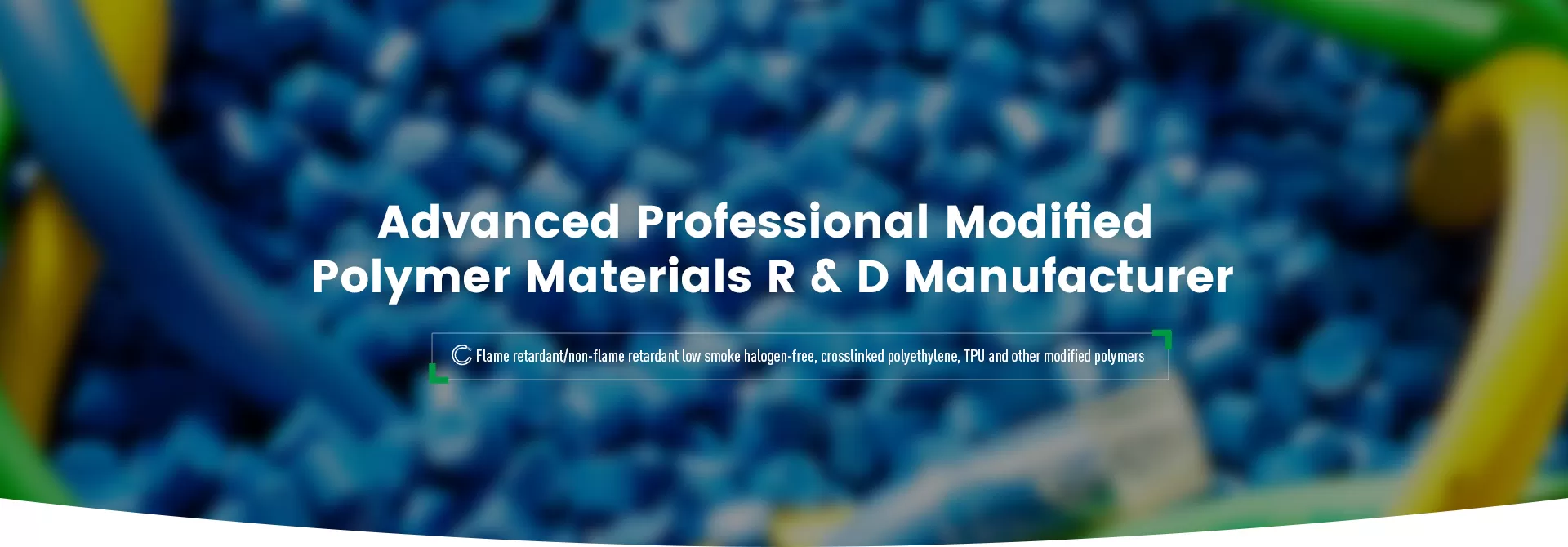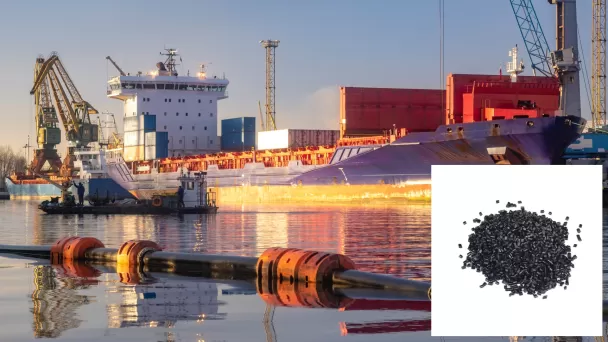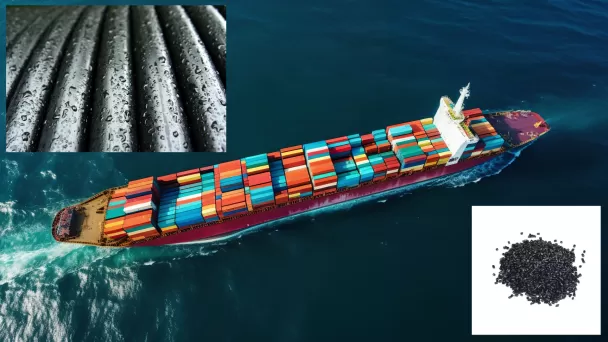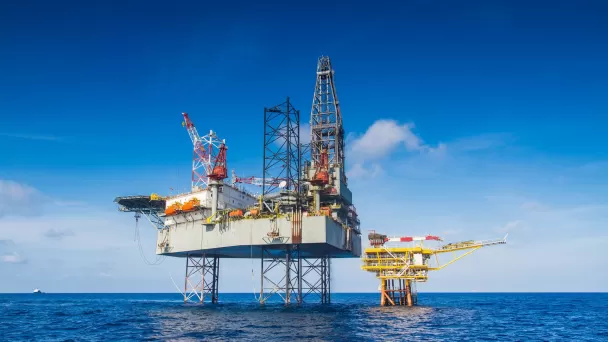
Submarine cables and ship cable materials are mainly TPU materials, which have excellent seawater corrosion resistance and oil resistance. The products comply with IEC60092-360 and other standards.(Waterproof TPU)
The product categories mainly include submarine cable materials, ship cable materials and floating cable materials.
| Submarine cables and ship cables materials | |
| Ship cable materials | Marine low-smoke halogen-free flame-retardant polyolefin cable materials |
| Submarine cable materials | TPU submarine cable, marine cable sheath materials |
| Surface floating cable materials | Foamed TPU marine and surface floating cable sheath materials |
Submarine cables and marine cables have strict requirements on the performance of materials due to their special application environments.
Water pressure resistance: Submarine cables need to be able to withstand high water pressure in the deep sea.
Corrosion resistance: Both cables need to resist salt and other corrosive chemicals in seawater.
Mechanical strength: Both need to have high mechanical strength to withstand physical stress in the marine environment, such as rock scrapes, fish impacts, etc.
Chemical resistance: Need to be able to resist oils, detergents, fuels and other chemicals that may be exposed.
Temperature resistance: Both need to maintain stable performance over a wide temperature range, from low temperatures in the deep sea to high temperatures in the ship's engine room.
Electrical insulation: Both submarine cables and marine cables must have excellent electrical insulation properties to ensure the safe transmission of power and signals.
Flame retardancy: Marine cables especially need to have good flame retardancy to reduce the risk of fire.
Abrasion resistance: Both cables may be worn during laying and use, so they need to have good abrasion resistance.
Weather resistance: Marine cables need to be able to withstand outdoor environments exposed to the sun and rain.
Flexibility:Both cables need to be bent during laying and use, so the material needs to be flexible enough.
UV resistance: Marine cables need to be able to resist long-term exposure to ultraviolet rays when used outdoors.
Microbial resistance: Both cables need to resist microbial corrosion to ensure long-term stable operation.
Hydrogen permeability resistance: Certain submarine cable systems, such as high-voltage direct current transmission systems, require materials to be resistant to hydrogen permeation.


